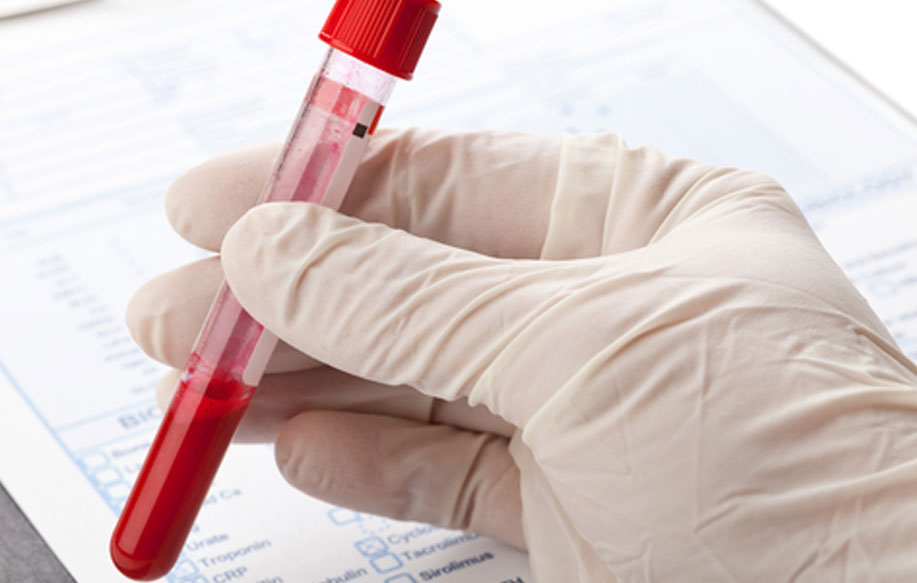BLOOD TESTS TAKEN BY HOSPITAL STAFF CANNOT BE USED IN AN OVI CASE UNLESS AN EXPERT CAN TESTIFY THAT THE SAMPLE WAS VALIDLY, ACCURATELY AND PROPERLY COLLECTED
The Ohio Court of Appeals recently held that a trial court may admit the results of a blood test taken by hospital staff for use in a case of Operating a Motor Vehicle Under the Influence of Alcohol or drugs (OVI), but the test results must first be shown to be accurate, reliable, and valid. State v. Harper, 2018-Ohio-690.
In Harper, the Defendant was involved in a car accident and was taken to a local hospital. While being treated at the hospital, the hospital staff drew the Defendant’s blood for examination. The results of the test showed the Defendant had a blood alcohol level (BAC) that exceeded the legal limit in Ohio for operating a vehicle (more than .08). The arresting officer obtained the results of the blood test through a subpoena, and used the test results to charge the Defendant with OVI. The Defendant filed a motion to suppress the results of the blood test.
BLOOD TESTS TAKEN BY MEDICAL STAFF
Ohio law states that the result of any blood test taken by medical professionals may be admitted with expert testimony to be used when considering the guilt or innocence of the Defendant. Ohio Revised Code Section 4511.19(D)(1)(a)
In Harper, the prosecution argued that a trial court should allow the results – even if the medical staff did not follow all of the procedures for collecting blood tests in OVI cases stated by Ohio Law – as long as an expert witness could show that the blood test results were validly collected.
DETERMINING VALIDITY OF BLOOD TEST RESULTS
The court in Harper explained that the testimony of the state’s expert witness was necessary when determining admissibility of the blood test results. The trial court found that the state failed to present expert testimony showing the validity of the Defendant’s blood alcohol test. State v. Harper, 2018-Ohio-690
The state’s expert witness could not verify that the result of the blood test was accurate, could not say if any mistakes were made during the collection of the blood sample, and could not specifically remember collecting the blood sample in the first place. The state also failed to produce the medical facilities quality control procedure to ensure that contamination had not occurred with the sample.
FAILING TO COMPLY WITH TESTING REGULATIONS
Even if a medical facility fails to comply with testing regulations, a court may still deem the test was admissible. State v. Davenport, 2009-Ohio-557. In Davenport, the Ohio Court of Appeals allowed the admission of blood test results conducted by a health care provider, even if the state fails to demonstrate compliance with testing regulations because the expert witness testified, “all of the proper protocol was complied with in regard to the collection of the blood sample.”
However, the Court in Davenport stated that the admission of the blood test results is discretionary to the trial court. The result of any blood test taken by a health care provider may be admitted with expert testimony, but it is not mandatory.
The Court in Harper held that, “The expert testimony that the state presented during the trial court’s suppression hearing failed to indicate that the results of the Defendant’s blood test were, in fact, valid, accurate, or reliable. Therefore, the trial court properly exercised its discretion by granting the motion to suppress.”
It is important to contact an attorney who is knowledgeable about all possible defenses available to you, including whether there are reliability concerns with a chemical or blood test being used as evidence against you. If you have questions about your Columbus OVI related charges, talk to our defense attorneys at 614-361-2804.
Written by Anthony M. Iori, Esq., Riddell Law Associate



